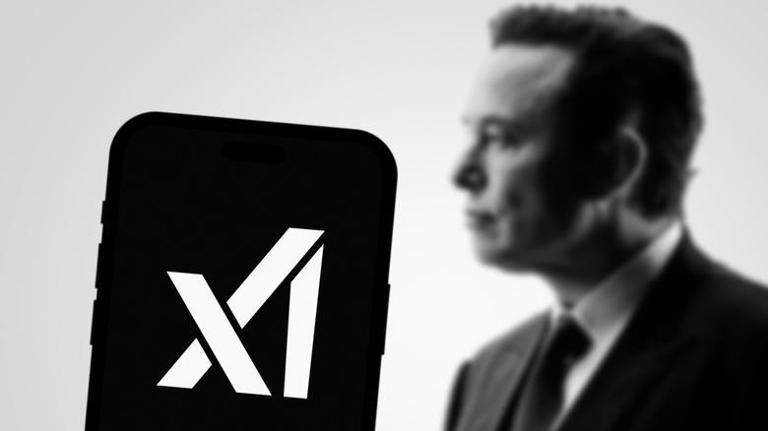In a move stirring concerns across the tech and privacy communities, Elon Musk’s artificial intelligence startup, xAI, has reportedly directed employees to install surveillance software on their personal laptops. The alleged push is part of an internal effort to monitor work activity, safeguard intellectual property, and enforce productivity standards.
Surveillance Meets Innovation
xAI, founded by Musk to rival OpenAI, is working on high-stakes projects at the intersection of artificial general intelligence (AGI) and ethical AI development. With such ambitious goals, the company is understandably sensitive about data leaks, security breaches, and insider threats.
However, asking employees to allow surveillance software on privately owned personal devices marks a controversial shift in corporate tech policy. The reported software can track keystrokes, application usage, and screen activity—raising eyebrows over employee privacy rights.
The Productivity-Privacy Debate
While corporate surveillance is not new—especially in remote and hybrid work environments—it typically applies to company-issued devices. xAI’s alleged demand crosses into uncharted territory by requesting access to devices employees may also use for personal activities.
Critics argue this move risks blurring the boundaries between personal freedom and professional responsibility. Others see it as part of a growing trend where high-pressure tech environments are tightening control in the name of data protection and performance monitoring.
Employee Pushback?
Although the internal response has not been made public, reports suggest frustration and discomfort among xAI staff. Some employees are reportedly seeking clarification or resisting the directive, citing potential legal and ethical implications.
With tech talent in high demand, such policies could impact xAI’s ability to attract and retain top-tier engineers and researchers, especially in a market where work-life boundaries and digital privacy are increasingly valued.
Bigger Implications for AI Companies
As AI companies work with sensitive models and vast datasets, security is a top priority. But finding the right balance between protecting company assets and respecting employee autonomy is critical.
If the trend of extending surveillance to personal devices continues, it could prompt:
- Stricter labor regulations around digital monitoring
- New norms for device separation (work vs personal)
- Greater scrutiny of AI companies’ internal practices
Final Thoughts
Elon Musk’s xAI is no stranger to bold moves, but this one may come at a cost. As AI reshapes industries, it must also navigate ethical workplace practices. How xAI handles the pushback from this decision could set a precedent for other startups operating at the cutting edge of technology.


